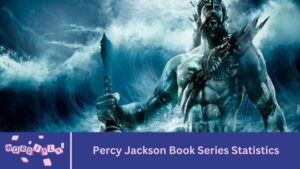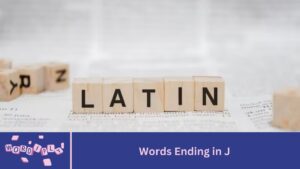Table of Contents
The Wall Street Journal (WSJ) crossword puzzles have earned a dedicated following for their blend of intellectual challenge and entertainment. Whether you’re a seasoned puzzle enthusiast or a casual solver, WSJ crosswords offer something for everyone. These puzzles combine fun, strategic thinking, and linguistic skill, making each solve a rewarding experience. What sets WSJ puzzles apart is their unique wordplay, clever themes, and expertly crafted clues that encourage solvers to think critically. By balancing difficulty with enjoyment, WSJ crosswords appeal to both beginners and experts, offering a daily mental workout that sharpens the mind and tests one’s knowledge. In this exploration, we’ll dive into what makes WSJ crossword puzzles so engaging, covering the fun they provide, the strategies to solve them, and the skills you develop along the way. Let’s unravel why these puzzles are beloved by so many.
History of WSJ Crossword Puzzles
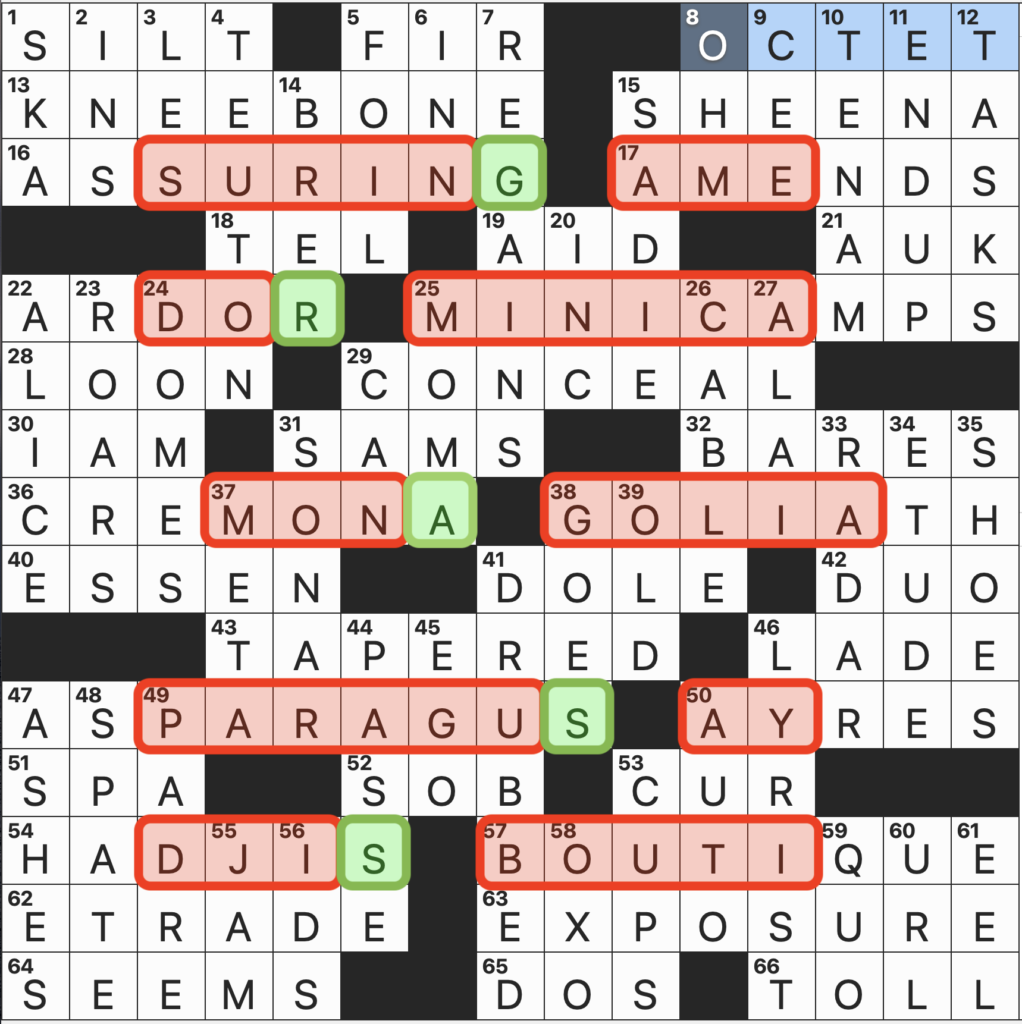
The Wall Street Journal (WSJ) Crossword Puzzle has a rich history rooted in the tradition of high-quality journalism and entertainment. Introduced in 1998, it was designed to challenge readers while complementing the publication’s focus on business, finance, and current events. Initially, the puzzles were only featured in the paper’s weekend edition, allowing readers to unwind while keeping their minds sharp.
As its popularity grew, the WSJ expanded the crossword to daily editions, offering puzzles from Monday to Friday. Over time, the puzzle became known for its clever wordplay, high level of difficulty, and themed designs. Expert constructors, such as Patrick Berry and Mike Shenk, have contributed to maintaining the puzzle’s reputation for creativity and precision.
Today, WSJ Crossword Puzzles are recognized not only for their entertainment value but also for the skill and strategy they require. With millions of solvers across the globe, WSJ crosswords have secured a special place in the world of puzzles.
Types of WSJ Crossword Puzzles
When exploring WSJ Crossword Puzzles, it’s essential to understand the variety they offer. The Wall Street Journal presents a range of puzzles that cater to different skill levels and preferences. Here’s a breakdown of the main types:
1.Daily Crossword Puzzles (Monday–Friday)
These are the standard puzzles published each weekday. The Monday puzzle is typically the easiest, and as the week progresses, the difficulty level increases. By Friday, the puzzles can challenge even seasoned solvers. Each puzzle has a specific theme, with clues and answers tied to it.
2.Weekend Crossword Puzzles
The Saturday crossword, often called the “Variety Puzzle,” is known for being more elaborate and creatively constructed. These puzzles feature different types of wordplay, including cryptic clues, acrostics, and other unique formats. It’s designed to provide an extra layer of challenge and fun for enthusiasts who want more than the standard crossword.
3.Bonus Puzzles and Special Editions
WSJ occasionally publishes special crossword puzzles during holidays or significant events. These can have unique themes, such as Thanksgiving or New Year’s, and may offer bigger grids or more intricate wordplay. These bonus puzzles give solvers an exciting break from the regular format, adding a festive twist to their crossword experience.
The Fun Aspect
WSJ crossword puzzles are designed to be both entertaining and challenging, offering something for everyone, whether you’re a seasoned solver or a beginner. The fun comes from various aspects:
1.Creative Themes
WSJ crossword puzzles often feature clever, engaging themes that add an element of surprise to the solving experience. From pop culture references to wordplay and puns, each puzzle brings a new twist. Themed puzzles create a sense of adventure as solvers uncover the underlying connection between clues and answers.
2.Witty Wordplay
One of the most enjoyable parts of WSJ crosswords is the clever use of wordplay. The puzzle clues are often witty, offering solvers a satisfying “aha” moment when they crack a particularly tricky or humorous clue. This makes the process more rewarding, as each correct answer feels like a small victory.
3.Accessible for All Levels
While WSJ crosswords can be challenging, they’re designed to be enjoyable for solvers of all skill levels. Beginners might find joy in solving the easier, straightforward clues, while experienced solvers get a kick out of the more cryptic or multilayered ones. This inclusivity keeps the fun alive for everyone, no matter their experience.
4.The Satisfaction of Completion
There’s a unique satisfaction in completing a crossword puzzle, especially one as thoughtfully constructed as WSJ’s. The sense of accomplishment after solving the final clue adds to the overall enjoyment of the experience, motivating solvers to come back for more.
Strategy and Skill Involved
Solving WSJ Crossword Puzzles isn’t just about filling in blanks; it requires a blend of strategic thinking and skilled execution. Here’s how you can approach these puzzles effectively:
1.Starting with What You Know
Begin by tackling the clues you find easiest. These are often straightforward and provide essential letters for more challenging parts of the puzzle. This strategy helps build a foundation and offers immediate satisfaction, which can boost your confidence as you proceed.
2.Pattern Recognition
Pay attention to common letter patterns and word structures. For example, if you know the word ends in “-ING,” you can predict possible letters for the surrounding spaces. Recognizing these patterns can significantly speed up the solving process.
3.Cross-Referencing Clues
WSJ crosswords often have interlinked clues, meaning that solving one clue can help with others. As you fill in words, revisit related clues to check how they fit with your answers. This cross-referencing is crucial for confirming accuracy and solving more complex clues.
4.Leveraging General Knowledge
Many WSJ crossword clues require a broad range of general knowledge, from current events and pop culture to history and literature. Keeping up-to-date with news, reading widely, and having a well-rounded knowledge base can give you an edge.
5.Utilizing Crossword-specific Strategies
Familiarize yourself with common crossword conventions, such as abbreviations and wordplay. For instance, knowing that “abbr.” often signals an abbreviation or that a clue might use puns or double meanings can help in deciphering tricky clues.
6.Practicing Regularly
Like any skill, practice improves performance. Regularly solving WSJ crosswords hones your skills, helping you recognize patterns and clue types more quickly. Over time, you’ll develop a better intuition for solving puzzles and managing your time effectively.
By integrating these strategies and honing your skills, you can tackle WSJ Crossword Puzzles with greater ease and enjoyment. Each puzzle offers a unique challenge, making the solving process both engaging and rewarding.
Benefits of Solving WSJ Crossword Puzzles
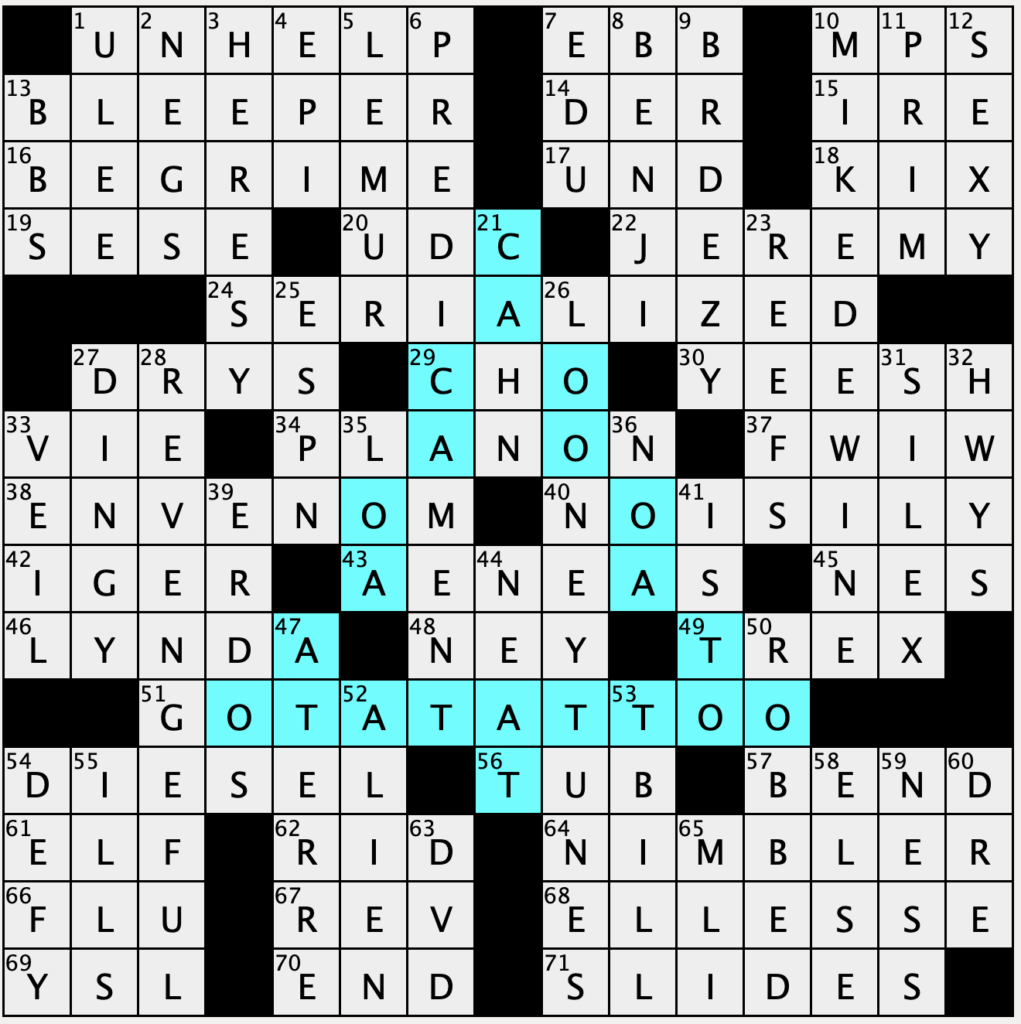
Solving WSJ Crossword Puzzles offers a range of benefits that go beyond just completing a puzzle. Here’s how they can enhance your life:
1.Cognitive Benefits
Engaging with WSJ Crosswords sharpens your mind. Regularly tackling these puzzles can improve your memory, enhance your problem-solving abilities, and boost your critical thinking skills. The mental exercise involved helps keep your brain active and healthy.
2.Stress Relief and Relaxation
Crossword puzzles offer a constructive way to unwind. Immersing yourself in a puzzle can be a soothing escape from daily stressors. The focused activity of solving clues helps shift your attention away from worries, providing a calming effect.
3.Building Problem-Solving Skills
Each crossword puzzle challenges you to think critically and creatively. As you work through clues, you develop strategies for tackling complex problems. This practice enhances your ability to approach challenges with a methodical and persistent mindset.
4.Improving Vocabulary and Knowledge
WSJ Crosswords often include diverse and intriguing clues that can expand your vocabulary. They also introduce you to new topics and facts, broadening your general knowledge. This continuous learning keeps your mind sharp and informed.
5.Enhancing Focus and Concentration
Solving puzzles requires sustained concentration. As you work through each clue, you train your brain to focus on details and maintain attention. This increased ability to concentrate can translate into other areas of your life.
6.Enjoying a Sense of Accomplishment
There’s a satisfying feeling that comes from completing a challenging puzzle. The sense of achievement and the joy of solving each clue provide a rewarding experience. This boost in self-esteem and motivation can be a positive reinforcement in your daily life.
Community and Competitions
1.Online Forums and Crossword-Solving Communities
The WSJ Crossword Puzzles have fostered a vibrant online community where enthusiasts can connect, share insights, and discuss strategies. Platforms like Reddit, dedicated crossword forums, and social media groups provide spaces for solvers to collaborate, exchange tips, and celebrate puzzle-solving achievements. Engaging in these communities enhances the solving experience, as participants can gain new perspectives and solutions from fellow enthusiasts.
2.WSJ Crossword Puzzle Tournaments and Events
The WSJ Crossword Puzzle scene includes various tournaments and events that cater to both casual solvers and serious competitors. These events often feature timed challenges and special puzzles, offering a chance for participants to showcase their skills and compete against others. These competitions not only provide an opportunity to test one’s abilities but also foster a sense of camaraderie among puzzle solvers.
3.Connecting with Like-Minded Puzzle Enthusiasts
Participating in crossword puzzle communities and competitions allows individuals to connect with others who share their passion. These interactions can lead to lasting friendships and professional networks. By engaging with a wider community, solvers can find motivation, support, and inspiration, enhancing their overall puzzle-solving experience.
4.The Impact of Competitions on Skill Development
Competitions and community interactions help solvers sharpen their skills. By facing off against others and tackling challenging puzzles, individuals can refine their techniques, improve their speed, and expand their knowledge. The competitive element adds an extra layer of excitement and drives continuous improvement.
Conclusion
WSJ Crossword Puzzles blend fun, strategy, and skill, offering a rewarding challenge for enthusiasts of all levels. Their rich history and unique features make them a standout in the puzzle world. Engaging with the community and participating in competitions further enriches the experience, providing opportunities for growth and connection. Embrace the challenge and enjoy the journey of solving these captivating puzzles—it’s an adventure worth exploring!
FAQ’s
What makes WSJ Crossword Puzzles unique?
WSJ Crossword Puzzles are known for their clever clues, engaging themes, and high-quality construction. They offer a unique challenge compared to other crossword puzzles.
How often are WSJ Crossword Puzzles published?
WSJ Crossword Puzzles are published daily, with different levels of difficulty from Monday to Saturday, and a larger, more complex puzzle on Sundays.
What is the difficulty level of WSJ Crossword Puzzles?
The difficulty varies throughout the week, with Monday puzzles being the easiest and Saturday puzzles being the most challenging.
Are there themed puzzles in the WSJ Crossword series?
Yes, many WSJ Crossword Puzzles feature themes, particularly on Sundays. These themes often provide a creative twist to the clues and answers.
How can I access WSJ Crossword Puzzles?
WSJ Crossword Puzzles are available online through the Wall Street Journal’s website and app. They can also be found in the print edition of the WSJ.
Do WSJ Crossword Puzzles have a specific format?
Yes, WSJ Crosswords typically feature a grid with a mix of across and down clues. The format is similar to other crosswords but often includes unique thematic elements.
What strategies are recommended for solving WSJ Crosswords?
Start with easier clues, use crossings to help with tougher answers, and familiarize yourself with common crossword vocabulary and themes.
How can I improve my skills in solving WSJ Crosswords?
Practice regularly, study common crossword clues and answers, and engage with crossword communities for tips and strategies.
Are there any tips for solving the more difficult WSJ puzzles?
Focus on filling in known answers first, use letter patterns to deduce unknowns, and don’t be afraid to use crossword dictionaries or online resources for help.
Can I find WSJ Crossword Puzzles in other formats?
WSJ Crosswords are available in print and digital formats. Some puzzles may also be featured in puzzle books or collections.
What are the benefits of solving WSJ Crossword Puzzles?
Solving WSJ Crosswords improves cognitive skills, such as problem-solving and memory, and provides a relaxing and enjoyable mental challenge.
How do WSJ Crossword Puzzles compare to other crosswords?
WSJ Crosswords are known for their high quality, creativity, and thematic elements, setting them apart from other crossword puzzles.
Are there any crossword competitions related to WSJ puzzles?
Yes, there are various competitions and tournaments where solvers can compete using WSJ Crosswords, either online or in-person.
How can I get involved in the WSJ Crossword-solving community?
Join online forums, participate in crossword-solving groups, and engage with fellow enthusiasts through social media and puzzle events.
What resources are available for WSJ Crossword solvers?
Resources include crossword dictionaries, online clue databases, and puzzle-solving apps that provide hints and answers.
Are WSJ Crossword Puzzles suitable for beginners?
While WSJ Crosswords can be challenging, beginners can start with the Monday puzzles and gradually progress to more difficult ones.
Can I submit my own puzzles to the WSJ?
WSJ Crossword submissions are generally accepted from established constructors. Check the WSJ website for submission guidelines and opportunities.
What are some common themes in WSJ Sunday puzzles?
Sunday puzzles often feature creative and diverse themes, such as puns, wordplay, or references to popular culture and current events.
How do WSJ Crosswords help with cognitive development?
They engage critical thinking, enhance vocabulary, and improve problem-solving skills, providing mental stimulation and cognitive exercise.
Where can I find past WSJ Crossword puzzles?
Archived puzzles are available on the Wall Street Journal’s website or app, where you can search and solve previous puzzles.



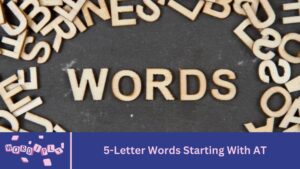


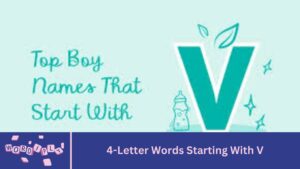
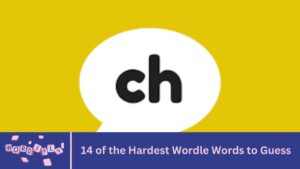
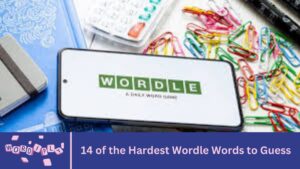
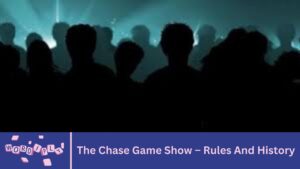
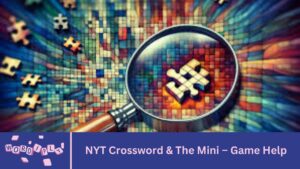
![Science Fiction Book Sales Statistics [2023]](https://wordiplypro.com/wp-content/uploads/2024/09/Add-a-heading-17-300x169.jpg)
